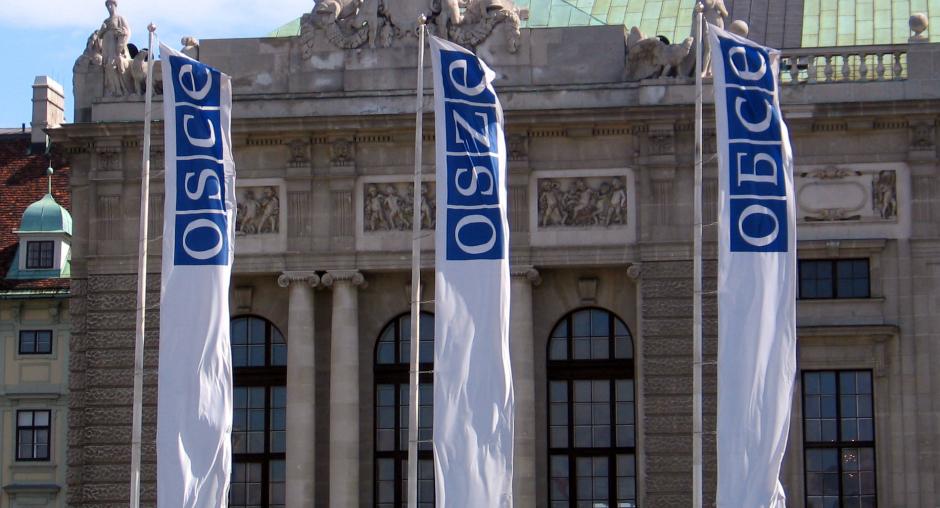Сoronavirus response bill should not impede the work of the media in Hungary, says OSCE Media Freedom Representative

VIENNA, 23 March 2020 – The OSCE Representative on Freedom of the Media, Harlem Désir, expressed his concerns today about provisions of the coronavirus response draft bill in Hungary that could negatively impact the work of the media reporting on the pandemic.
The bill, under examination by Parliament, would introduce – for an indefinite period – an amendment to the Criminal Code, which would make it punishable by a term of imprisonment between one to five years to distribute false facts in such a way that it obstructs or frustrates the effectiveness of the government’s response to the pandemic.
“I fully understand the need to combat false information during a health emergency, however, there is a great risk that the new regulation will not so much penalize the disseminators of harmful disinformation but instead make the work of independent journalism more difficult,” Désir said. “In the current situation, the media has a crucial role to play in providing important information to the public and to counter ‘fake news’ on the pandemic,” the Representative added. “The media should not fear the possibility of facing prosecution for reporting on issues of public interest related to the COVID-19 pandemic. While I acknowledge that the use of emergency powers is allowed by international law in response to significant threats, such as the current health crisis, I want to remind all OSCE participating States that any emergency response to the coronavirus must be proportionate, necessary and non-discriminatory.”
The Representative recalled the joint statement that he published last week with David Kaye, UN Special Rapporteur on the promotion and protection of the right to freedom of opinion and expression, and Edison Lanza, IACHR Special Rapporteur for Freedom of Expression, which emphasized that: “Human health depends not only on readily accessible health care. It also depends on access to accurate information about the nature of the threats and the means to protect oneself, one’s family, and one’s community”. The representative and the special rapporteurs also stated that: “The right of access to information means that governments must be making exceptional efforts to protect the work of journalists. Journalism serves a crucial function at a moment of a public health emergency, particularly when it aims to inform the public of critical information and monitors government actions”.